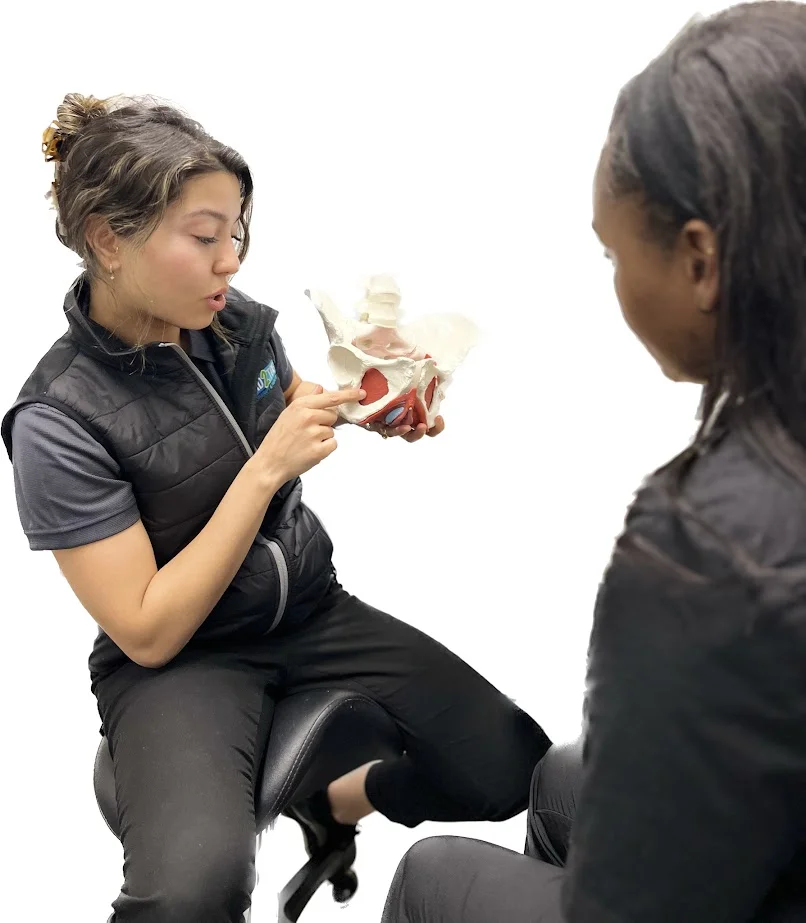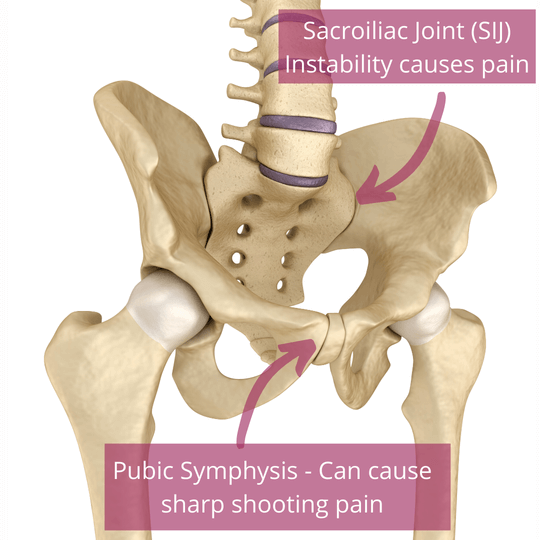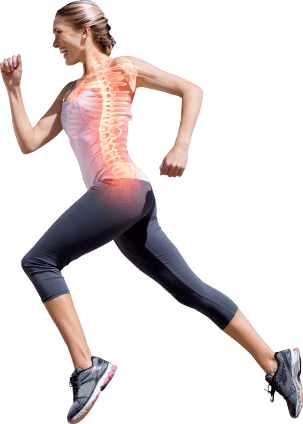Women's Health Physiotherapy

Women's health physiotherapy is an area of physiotherapy that focuses on women's health concerns. It involves the assessment, diagnosis, and treatment of conditions affecting the pelvic floor, abdominal, and pelvic organs, as well as musculoskeletal problems that may occur during pregnancy and postpartum.
What Do Women's Health Physios Do?
Women's health physiotherapists follow a specific process when it comes to the assessment and treatment of women's health conditions. Here are some of the things that they may do during the assessment and treatment process:
Assessment Process:
History Taking: Women's health physiotherapists will take a detailed history of your symptoms, medical history, and lifestyle factors to better understand your condition and determine the best course of treatment.
Physical Examination: A physical examination may be conducted to find what structures may be contributing to your symptoms. This may involve an internal examination, which can be performed vaginally or rectally.
Functional Assessment: Women's health physiotherapists may also assess your ability to perform certain activities, such as lifting weights, coughing, or laughing, to determine the extent of your condition and develop a treatment plan.
Treatment Process:
Pelvic Floor Muscle Training: Women's health physiotherapists may prescribe pelvic floor muscle training exercises to improve the strength and control of your pelvic floor muscles. These exercises may involve biofeedback or electrical stimulation to help you better contract and relax these muscles.
Manual Therapy: Women's health physiotherapists may use manual therapy techniques, such as massage or joint mobilization, to reduce pain and improve function in the pelvic floor and abdominal region.
Education and Advice: Women's health physiotherapists will provide education and advice on lifestyle factors that may be contributing to your condition, such as diet and exercise, as well as techniques to improve bladder and bowel function.
Bladder and Bowel Management: Women's health physiotherapists may provide bladder and bowel management strategies to help you better manage your symptoms and improve your quality of life.
Pregnancy and Postpartum Care: Women's health physiotherapists may provide care during pregnancy and postpartum, including exercises to prepare for childbirth and recover postpartum.
Can My Regular Male Physio Help with Women's Health Problems?
Yes, a male physiotherapist can help with women's health physiotherapy and provide care to women. While women's health physiotherapy has traditionally been a female-dominated profession, there is no reason why male physiotherapists cannot assist in this area of practice as they receive the same training.
It is important to note that some women may feel more comfortable seeing a female physiotherapist for their women's health concerns. However, the most important factor is finding a qualified and experienced physiotherapist who can provide the care and treatment that you need. Some women may feel that the care they have received previously from their male physios for other complaints such as lower back pain has been excellent and would like this to continue. Our male physiotherapists at Head2toe do not conduct internal examinations of the pelvic floor or pelvic organs however.
If you are considering seeing a male physiotherapist for women's health physiotherapy, it is important to do your research and find someone who has experience treating women's conditions. For example, our physios at Head2toe are well-trained in pilates, pelvic girdle pain, and pregnancy-related lower back pain. Your research may involve asking for referrals from your healthcare provider or friends, reading online reviews, or speaking directly with the physiotherapist to learn more about their approach to care.
Ultimately, the decision to see a male or female physiotherapist for women's health concerns is a personal one. It is important to prioritize your comfort and find a physiotherapist who you feel comfortable with and confident in their ability to provide the care and treatment that you need.
Women's Health Conditions Physiotherapy Can Help With
Musculoskeletal conditions are common in women, particularly during pregnancy and postpartum. These conditions can cause pain, and discomfort, and limit daily activities. Women's health physiotherapy can help to prevent and treat musculoskeletal conditions, improving overall function and quality of life.

Here are some common musculoskeletal conditions that can be treated by women's health physiotherapy:
- Back Pain: Back pain is a common condition that affects many women, particularly during pregnancy and postpartum. Physiotherapy can help to improve posture, strengthen muscles, and provide exercises to reduce back pain.
- Pelvic Girdle Pain: Pelvic girdle pain is a condition that can occur during pregnancy and postpartum. It is caused by the loosening of ligaments and joints in the pelvic area, causing pain and discomfort. Physiotherapy can help to provide exercises to strengthen the pelvic floor and stabilize the pelvis, reducing pain and discomfort.
- Diastasis Recti: Diastasis Recti is a condition that occurs during pregnancy, where the abdominal muscles separate. Women's health physiotherapy can provide exercises to strengthen the abdominal muscles and promote the healing of the separation.
- Carpal Tunnel Syndrome: Carpal Tunnel Syndrome is a condition that can occur during pregnancy, causing pain, numbness, and tingling in the hands and wrists. Women's health physiotherapy can provide exercises to improve grip strength and reduce symptoms.
- Joint Pain: Joint pain is a common condition that can occur during pregnancy and postpartum. Women's health physiotherapy can provide exercises to improve joint mobility and reduce pain.








